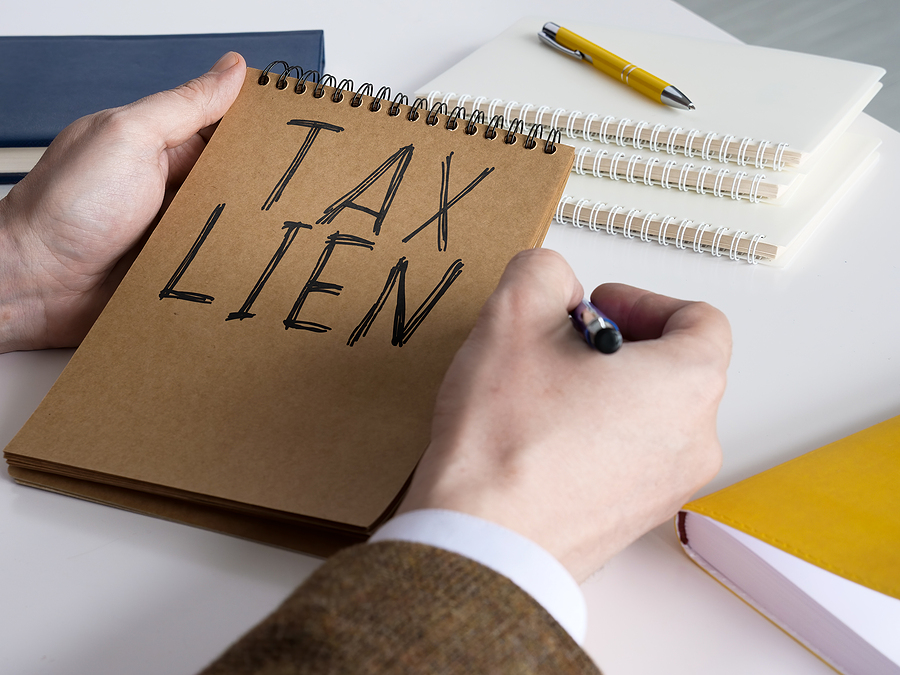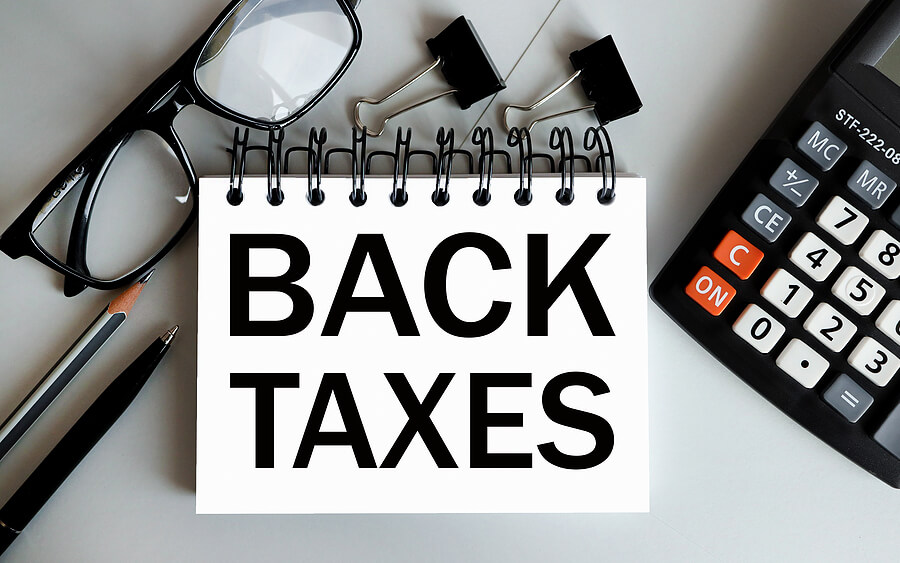 If you had to guess the maximum financial penalty you could face for failing to pay your taxes, then what would you say? Five percent of your unpaid taxes? Ten percent? Believe it or not, the highest penalty you could face if you fail to pay your taxes in time is a whopping 47.5%! That’s the least of your worries, though. On top of that, tax evasion is a crime. If you intentionally attempted to evade a tax assessment, then you could face up to five years in jail if you get convicted. You could face an entire year in jail for each year that you failed to file a tax return. The good news is the IRS rarely issues such harsh penalties. For the most part, they just want you to pay what you owe. Are you wondering how to reduce IRS penalties so that you can afford to pay back your tax debt? If so, keep reading. You can learn everything you need to know about how to get out of IRS penalties below.
If you had to guess the maximum financial penalty you could face for failing to pay your taxes, then what would you say? Five percent of your unpaid taxes? Ten percent? Believe it or not, the highest penalty you could face if you fail to pay your taxes in time is a whopping 47.5%! That’s the least of your worries, though. On top of that, tax evasion is a crime. If you intentionally attempted to evade a tax assessment, then you could face up to five years in jail if you get convicted. You could face an entire year in jail for each year that you failed to file a tax return. The good news is the IRS rarely issues such harsh penalties. For the most part, they just want you to pay what you owe. Are you wondering how to reduce IRS penalties so that you can afford to pay back your tax debt? If so, keep reading. You can learn everything you need to know about how to get out of IRS penalties below.
How to Get the IRS to Remove Penalties and Interest Debt
When was the last time you filed your taxes? Do you take the time to verify that your returns are error-free every year? If you had to think hard on either of these two questions, then there’s a good chance that you could owe the IRS money due to unfiled returns or unpaid taxes. When you’re late on your taxes, the IRS has the authority to issue fines against you. These fines are no laughing matter, either. At minimum, you’ll be charged a 5% interest fee on your entire tax bill for each year you’re late. The IRS has a lot of authority to penalize you in other ways, too, so it’s a good idea to get informed on the consequences of not filing taxes if you know that you owe back taxes or haven’t filed in a few years. Knowing that you’ll likely owe even more money in the form of IRS penalties and interest fees can discourage you from filing at all. You’re likely asking yourself, Can I get the IRS to waive penalties and interest fees? The short answer is most likely. The long answer is that it depends on the actions you take right now. Next, we’ll give you an overview of the best steps to take to help you reconcile your tax debt and get penalties and interest debt removed from your account.
Determining How Much You Owe
You’ll never be able to tackle your tax debt if you never face it head-on. Your first step, then, involves determining how much you owe in back taxes. Before you get in touch with the IRS, do a little research on your own. Try to estimate how much income you earned in the years you didn’t file, and then try to estimate how much taxes you owed that year. If you’re struggling with estimating your taxes, it may be time to discuss your situation with a tax professional. If you reach out to the IRS about your account, then they may re-initiate collection methods.
Filing Tax Returns for Previous Years
Once you’ve got a good idea of how much you owe, it’s time to get squared up with the IRS. You’ll need to file your tax returns for all the previous years you’ve missed out on. It’s crucial to enlist the help of a tax professional during this step, because tax laws are always changing. The deductions or credits you can claim from years past may not be the same as they are today. You’ll have a better shot at maximizing your return if you get a professional to help.
Negotiating Your Tax Debt
Once the IRS processes your returns, you’ll likely receive a hefty tax bill. First, review this tax bill thoroughly. Verify that all the information on the bill is accurate. Then, go through and review how much of your bill is from tax penalties and interest. If you can pay off the entirety of your bill, then it’s advised that you do so. More than likely, though, you’ll need to negotiate with the IRS to create a payment plan that works for you. Depending on your situation, you may be able to apply for tax debt relief programs that reduce or eliminate your tax bill altogether. If you’re interested in learning more about these programs, then reach out to one of our tax experts today.
How to Get the IRS to Remove Penalties and Interest on Back Taxes
If you want to remove IRS penalties from your account, then your best option is to apply for IRS penalty abatement. This action potentially gets all of your penalties and interest removed from your tax debt. In rare situations, you could even have some of your interest or penalty payments refunded to you. It’s no easy feat to qualify for penalty abatement, though. First, you need to prove that you had reasonable cause for not paying your taxes on time. “I didn’t have the money” isn’t considered a reasonable cause. You’ll need to prove that you experienced a hardship, like an inability to obtain your records, a death in the family, or a severe illness in the family. It’s advised that you speak with a tax consultant to determine if you’re eligible for penalty abatement with the IRS if you own a significant amount of tax debt.
The Number One Way to Avoid IRS Penalties in the Future
Getting the IRS to eliminate your penalties for non-payment or late payment is a hassle. The best way to avoid IRS penalties in the future is to ensure that you get your taxes filed every year on time. You also want to do your best to avoid making errors on your returns. So, how can you ensure that your taxes are error-free? We suggest using a bookkeeping service to help you record your transactions all year long. Doing so will help ensure that your taxes are correct and easy to file once Tax Day arrives.
Are You Ready to Solve Your Tax Problems?
Have you been avoiding filing your taxes because you’re afraid you won’t be able to afford the bill? Are you simply not sure how to cope with excessive penalties levied against you by the IRS? Our certified tax consultants can help answer your questions, guide you through filing your taxes, and help you find solutions to your tax problems. If you’re ready to make a change in 2021, then let our experts help. Leave your contact information on our online form now to get started on making a change.





 In 2011, the IRS Fresh Start program created a bridge to debt forgiveness for delinquent taxpayers that continues to help countless Americans settle federal tax debts today. The program is expansive, fairly easy to enroll in, and designed to minimize penalties. While the IRS offers a range of debt relief options that include
In 2011, the IRS Fresh Start program created a bridge to debt forgiveness for delinquent taxpayers that continues to help countless Americans settle federal tax debts today. The program is expansive, fairly easy to enroll in, and designed to minimize penalties. While the IRS offers a range of debt relief options that include 
 What happens if the IRS puts a lien on your house?
What happens if the IRS puts a lien on your house? 




